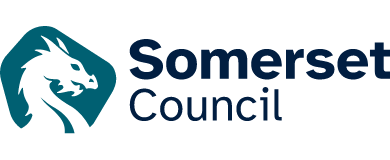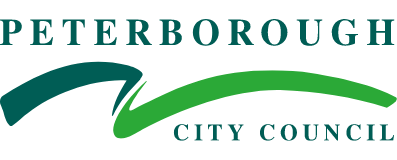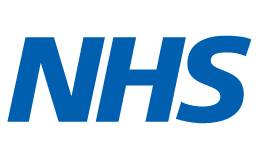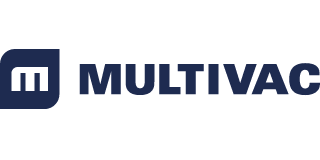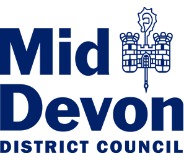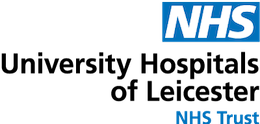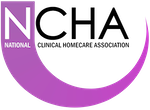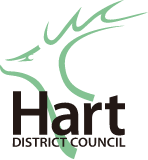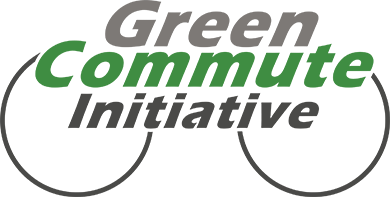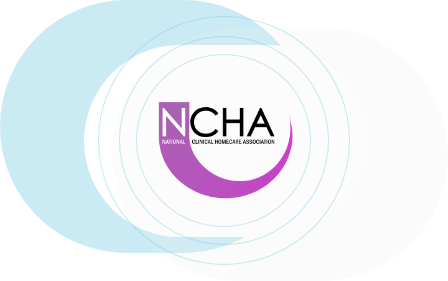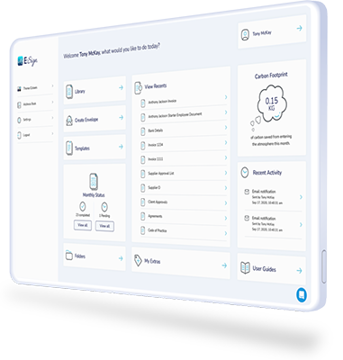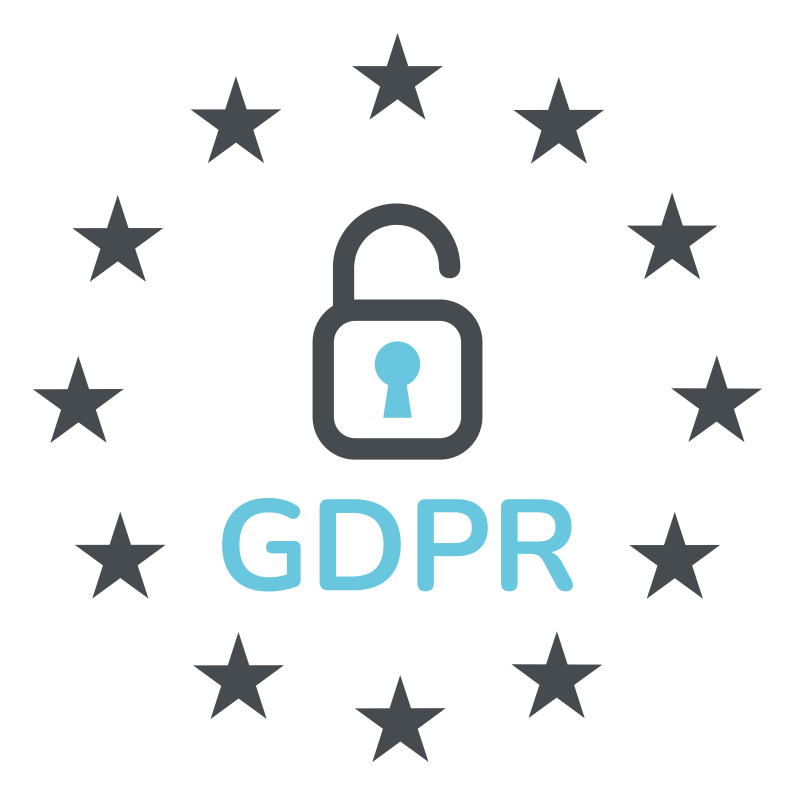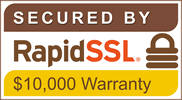National Clinical Homecare Association
The National Clinical Homecare Association (NCHA) is the trade body for the clinical homecare industry, representing the majority of organisations providing Clinical Homecare Services.
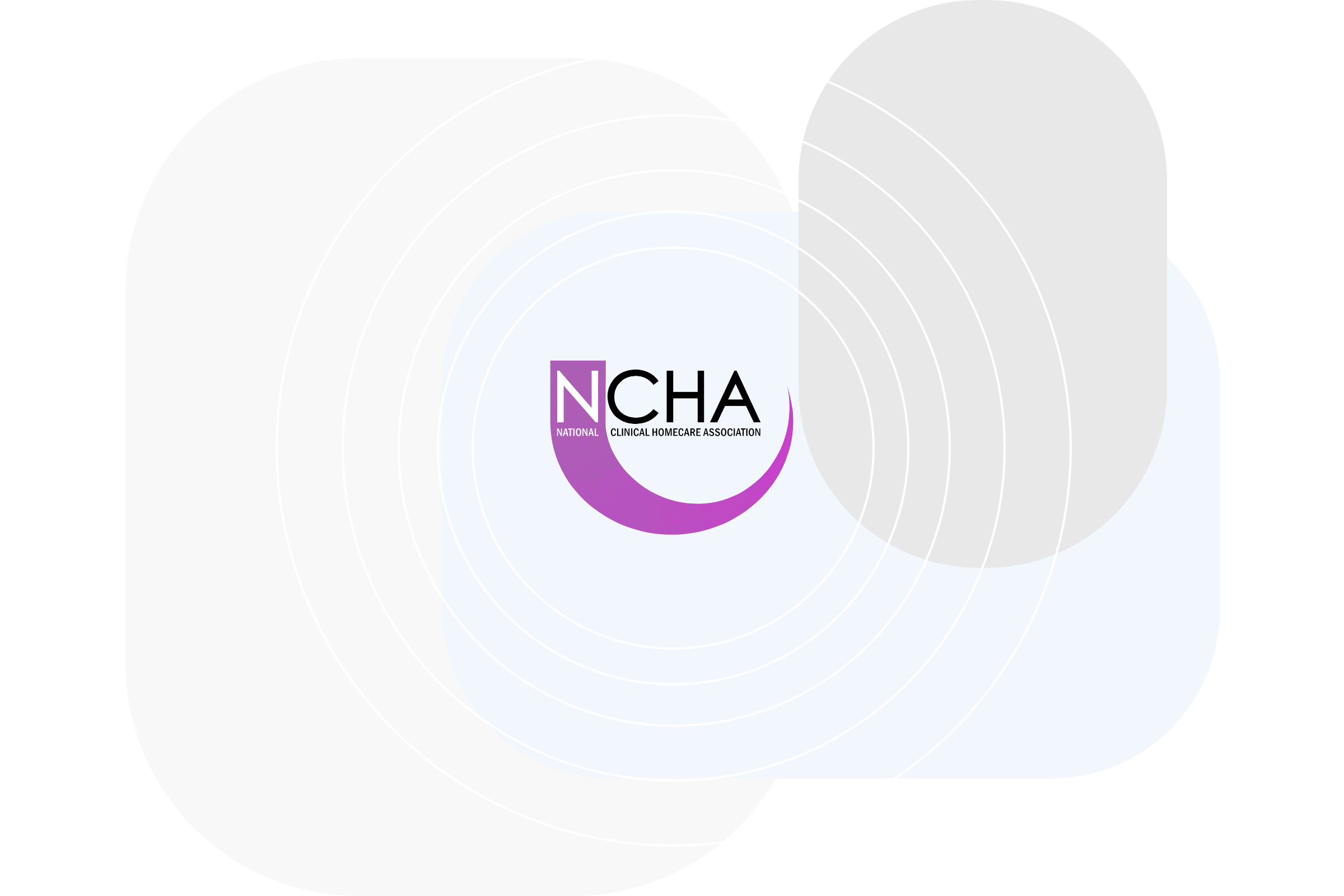
Trusted By
Case Study for the NCHA
Benefits of using Electronic Signatures in the Healthcare Industry
The healthcare industry clearly recognised the need to adopt a digital approach to prescription processing, giving operational advantages, regulatory compliance and improvements to patient safety.
This also guards against the need for physical documents and prevents NHS prescriptions going ‘missing’.

Digitisation of NHS Prescriptions using eSign Secure Technology
The National Clinical Homecare Association (NCHA) was established in 2006 to represent and promote the patient-led interests of specific organisations whose primary activity is to provide medical supplies, support and clinical services to patients in the community.
The NCHA is at the forefront of ensuring high standards are applied across the industry working closely with NHS Trusts, NHS Commercial Medicines Unit, NHS England, NHS Scotland, NHS Wales and other commissioners to ensure patients who wish to, are able to access high quality clinical homecare services.
The National Clinical Homecare Association (NCHA) is the trade body for the clinical homecare industry, representing the majority of organisations providing Clinical Homecare Services.
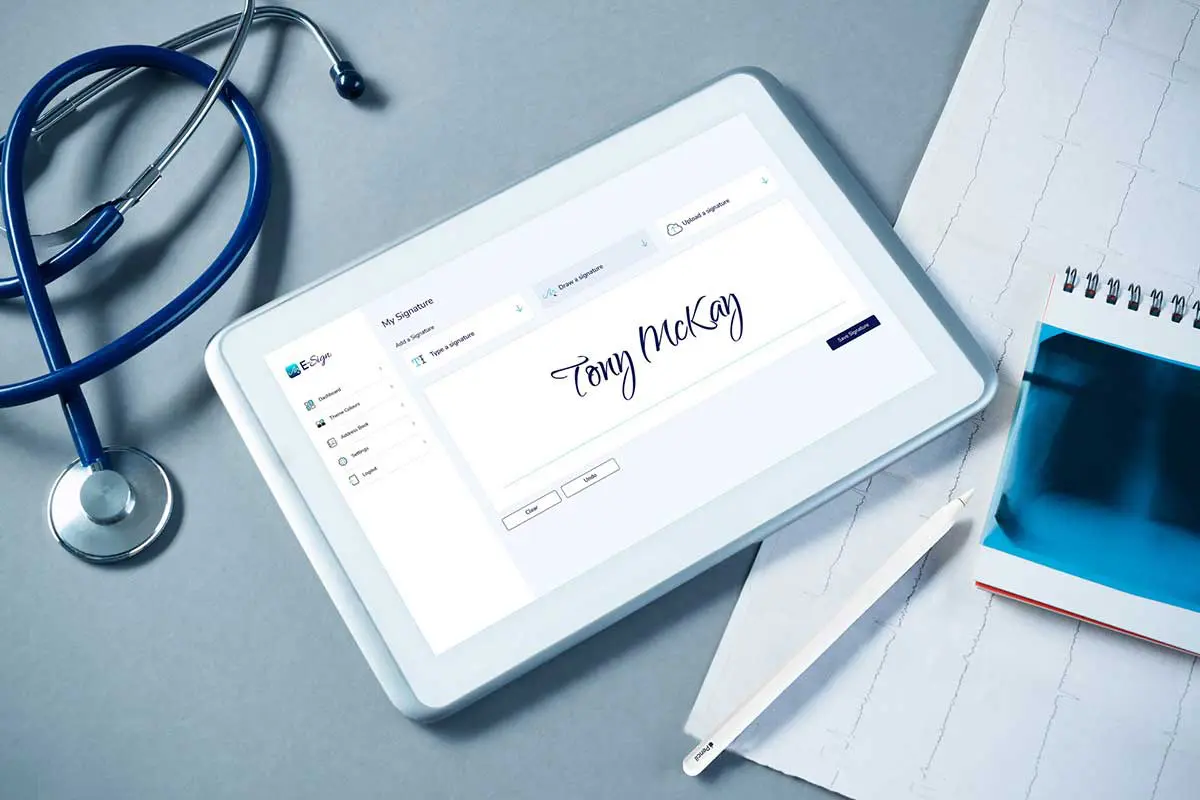
Prescription Processing for Patients in Clinical Home Care
Part of its remit is to agree industry-wide positions and solutions that can help to improve clinical homecare for patients. The NCHA had a requirement to harmonise prescription processing for patients in clinical home care. The existing paper-based workflow often led to unnecessary delays in patients receiving appropriate care and medical treatment, especially those patients who were deemed to be ‘at risk’.
The problems of dealing with physical documents had been exacerbated by staff working from home as a result of the COVID-19 pandemic. There had, for example, been some high profile cases of NHS prescriptions going ‘missing’. The healthcare industry clearly recognised the need to adopt a digital approach to prescription processing, giving operational advantages, regulatory compliance and improvements to patient safety. The NCHA put out a tender for a single, standardised digital solution that would work across all providers and hospitals, with minimum effort from the NHS.

Key Issues Addressed
One trust was a 3-site hospital and needed to transfer prescriptions across site as routine process.
- A risk for misplacement of documents and a time delay for transport.
- Mitigating mechanisms and audit logs required huge time investment to complete.
- At each step there is time needed not only for the activity but to transfer to the next step in the process, causing delays and potential stress and anxiety to patients.
- Meeting NHS and individual trust requirements in relation to Information Governance and Security.

E-Sign’s Digital Transformation Team
eSign worked with stakeholders involved in the digital prescription project to generate a business value map. The strategic goal was to have a universal and scalable solution that addressed all of the issues relating to paper-based prescription transport. eSign created a functional application to meet the needs of multiple clinical homecare providers, each with differing software and processes.
The solution linked eSign to Microsoft Power Automate, creating a ‘low-code’, cost-effective solution that allowed healthcare providers to easily construct their bespoke digital prescription workflows at a departmental level, whilst having a single solution that could be adopted by the different care providers under the NCHA umbrella. In each case, the Trust made an assessment of the relative risks in relation to Information Governance and Security or similar to reinforce the compliance with NHS data security and privacy requirements.
Whether introducing people to new technology around Microsoft Flow or providing extra support to smaller members of the NCHA, the eSign team is guided by the principles of patience and flexibility todeliver systemic change.

Key Successes:
- Prescription process time was reduced from two days to two hours (80% reduction)
- 9,172kg CO2 equivalent reduction over 12 months (inclusive of paper, envelopes)
- £95,324.44 annual savings from kWh reduction (based on mailing)
- 510 trees can work on reducing carbon dioxide emissions from other sources
- Qualitatively, staff have also reported an improved audit log and reduction in delays due to multiple staff being assigned to prescriptions in case of absence

We streamline workflows for:
Appointment Letters
Give your patients greater flexibility in accepting or amending their appointments with digital letters. Minimise missed appointment rates and improve service standards for patients and staff.
Prescriptions
Sign off and send prescriptions within minutes, reducing bottlenecks and errors for patients receiving medication. Create a lean process that eases admin burden on clinicians.
Patient Consent
Easily obtain patient consent in person or remotely. Clearly provide all the information patients need to make confident decisions about their treatment and give consent.
Clinic Letters
Strengthen communication between primary and secondary care with signed clinic letters. Send clinic letters to GP surgeries within minutes and keep everyone on the same page regarding patient care.
Registration Forms
Register new patients or complete intake forms quickly and accurately. Collect all required patient details from your registration forms and schedule appointments with ease.
Shared Care Pathways
Simplify shared care collaboration between GPs and specialists. Effectively monitor patient treatment with a digital shared care agreement that acts in their best interests.


